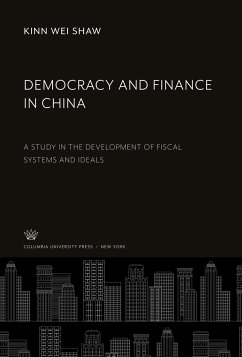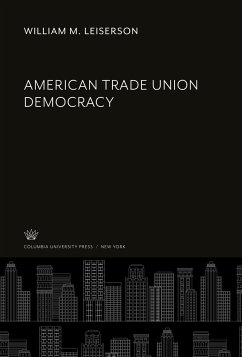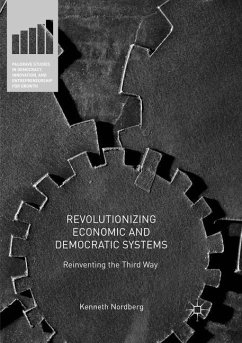
Entrepreneurs and Democracy
A Political Theory of Corporate Governance
Versandkostenfrei!
Versandfertig in 1-2 Wochen
45,99 €
inkl. MwSt.

PAYBACK Punkte
23 °P sammeln!
What legitimizes power within a corporation? This question is of concern to the millions of citizens whose lives depend upon the fate of business corporations. The rules, institutions and practices of corporate governance define the limits of the power to direct, and determine under what conditions this power is acceptable. Effective corporate governance has long been defined in terms of economic performance. More recent studies have focused on philosophical, political and historical analyses. Entrepreneurs and Democracy unites these strands of inquiry - the legitimacy of power, the evolution ...
What legitimizes power within a corporation? This question is of concern to the millions of citizens whose lives depend upon the fate of business corporations. The rules, institutions and practices of corporate governance define the limits of the power to direct, and determine under what conditions this power is acceptable. Effective corporate governance has long been defined in terms of economic performance. More recent studies have focused on philosophical, political and historical analyses. Entrepreneurs and Democracy unites these strands of inquiry - the legitimacy of power, the evolution of multiple forms of governance and the economics of performance - and proposes a framework for future study. It explores the opposing tensions of entrepreneurial force and social fragmentation that form the basis of legitimate corporate governance in modern societies. In doing so, it identifies a common logic that links both the democratization of corporate governance and the growth of economic performance.














